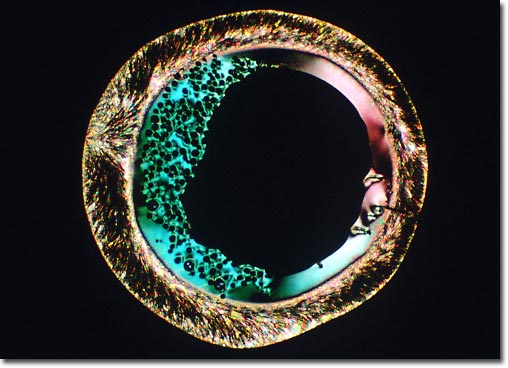|
Vitamin C is so often found in sources of fresh fruits and vegetables that it is called ubiquitous, yet many details concerning how the vitamin precisely affects metabolism remain elusive. Described as a carbohydrate-like substance, vitamin C or ascorbic acid is essential to the synthesis of collagen, a protein important in the formation of healthy skin, teeth, and bones. Being a relatively strong reducing agent, this nutrient's reputation as a key in vivo antioxidant is well established. Although there is no question that the biochemical is essential to life, scientists are in considerable debate over the extent of vitamin C's influence in such arenas as lowering blood cholesterol, combating viruses and the common cold, and protecting against cancer-causing agents. Some of the scientific evidence seems to suggest that ascorbic acid helps prevent formation of carcinogenic compounds called nitrosamines that can be produced in the stomach when eating a meal of smoked, processed, or preserved meats such as bacon, sausage, ham, and hot dogs. Interestingly, many Old World European recipes have, for centuries, combined cured meats with such vitamin C rich fruits and vegetables as stewed apples, baked tomatoes, and/or onions.
|
